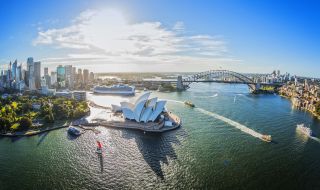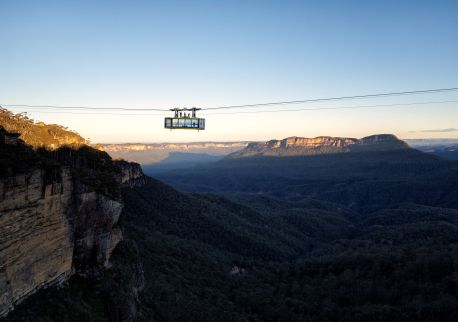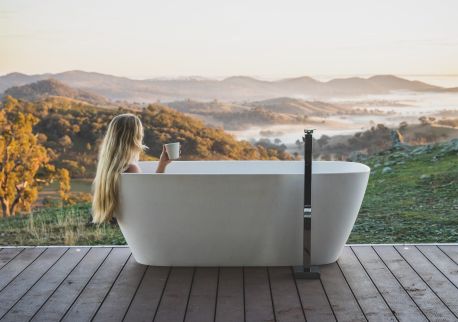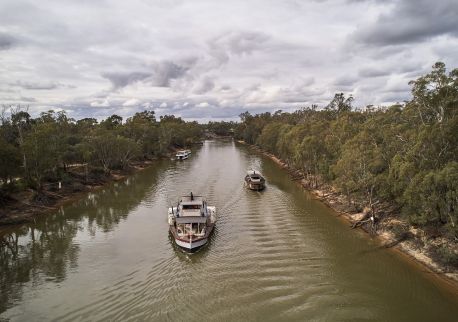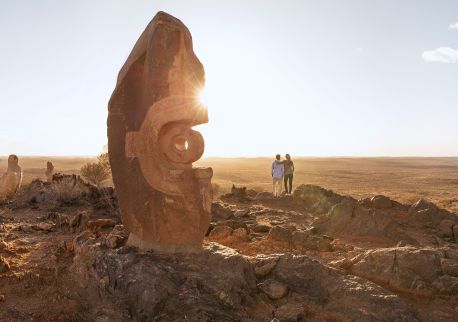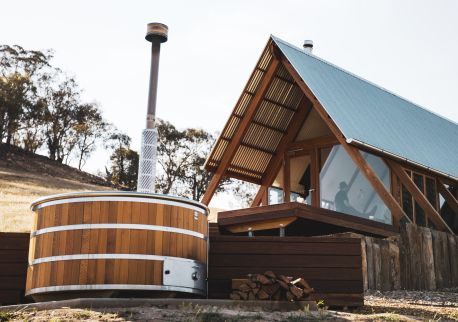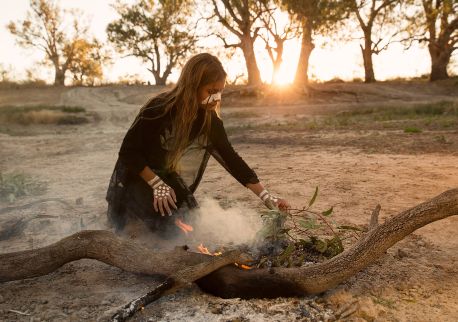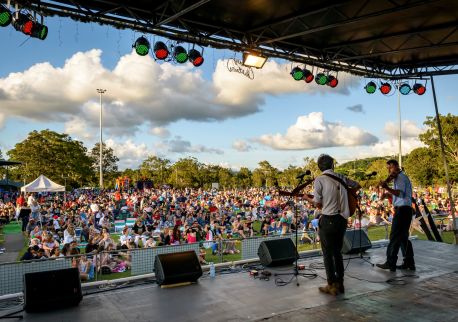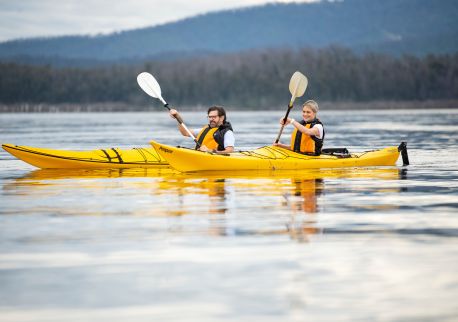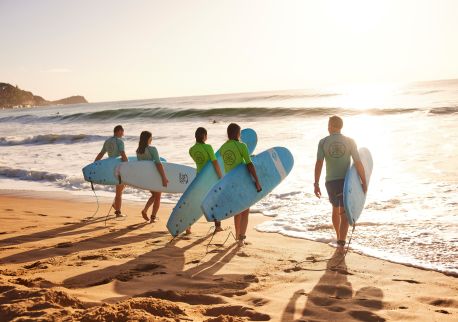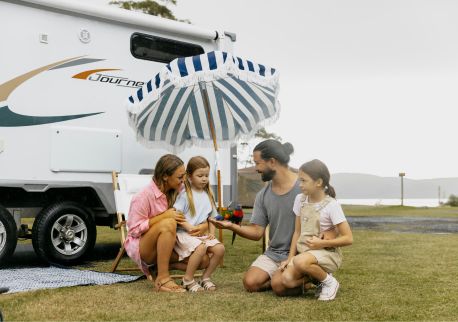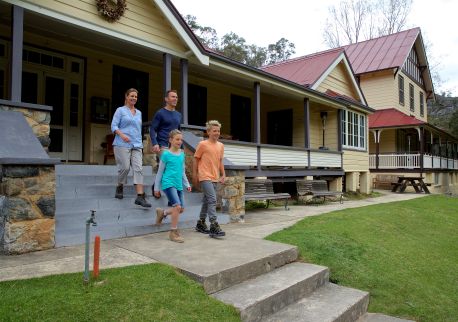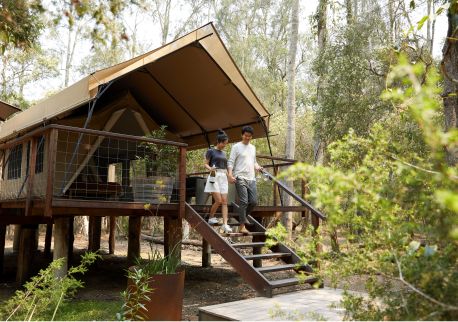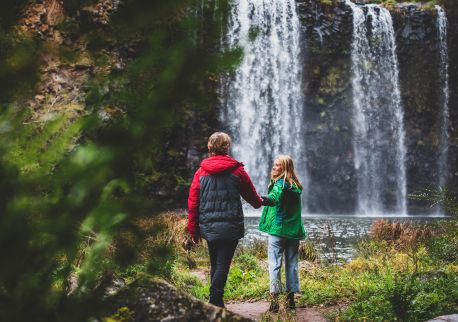Seafarers Diamond Beach
Highlights
Overview
Seafarers Diamond Beach is a wheelchair user and dog lover's dream holiday home come true.
Designed and built to support people with disabilities and their families/carers, it offers resort-like, accessible holiday accommodation by the beach.
Seafarers Diamond Beach features a private accessible pool with pool hoist; large roll-in, hob-free bathroom; wide entrance ramps and pathways, grab rails; supplied accessible equipment (including a pool hoist, beach wheelchair, electrical hi-lo bed, mobile personal hoist and shower commode) and easy one level, relaxed wheelchair friendly accessible living throughout.
Its unique separate carers facilities make it ideal for disabled travellers, travelling with their support carers or extended family.
Seafarers Diamond Beach is also suitable as an NDIS respite care location or for NDIS short-term accommodation purposes
The fully self-contained wheelchair-accessible accommodation is a fresh, bright, and airy wheelchair-friendly home with cathedral ceilings and coastal interiors. All linens are provided and up to eight guests and two dogs can be comfortably accommodated.
Seafarers Diamond Beach Resort is a 3.5-hour drive north of Sydney and just 15 minutes north of popular Forster Tuncurry.
Accessibility
Access and Inclusion Statement
A quiet space is available at the venue/ facility
Actively welcomes people with access needs.
Advise tour guides of the access needs of guests at the time of booking (includes pick up and drop off requirements)
Ask all visitors if there are any specific needs to be met
Caters for people who use a wheelchair.
Caters for people with allergies and intolerances.
Caters for people with high support needs who travel with a support person
Caters for people with sufficient mobility to climb a few steps but who would benefit from fixtures to aid balance. (This includes people using walking frames and mobility aids)
Have a handheld shower hose (should be at least 1500mm long)
Have a kitchen area and desk which is accessible for a person at seated height or is height adjustable
Have a lever handle on bathroom door
Have a lever handle on the door (easier to use)
Have a place to store medical equipment (eg oxygen)
Have a shower curtain (no door)
Have a step free main entrance to the building and/or reception area (includes ramps or slopes with a maximum gradient of 1:14, otherwise are too steep for wheelchairs)
Have a wheelchair accessible bathroom (Entrance to bathroom must have step free greater than 5mm or a doorway threshold ramp not exceeding 1:8 for 450mm. Bathrooms dimensions must be no less than 2000mm X 2500mm. Have a hobless (step free) shower recess. Shower recess must have at least 1100 x 1100mm clear area for wheelchair access (no door). Have a slip resistant fold down seat or fixed seat in shower .Seat must be at least 900mm long.)
Have a wheelchair accessible toilet / shower and change room
Have a wheelchair/scooter charging station (power point) in an accessible location
Have accessibility information and photos, including of a bathroom, room and/or floor plan on your website (can be emailed on request)
Have at least one wheelchair accessible parking space with wheelchair accessible signage clearly displayed (International standards are 3200mm wide x 2500 mm high)
Have doorways which are easy to open and have lever handles (doorways 850mm or wider when open and not heavy)
Have grab rails in the bathroom
Have grabrails in shower recess (can be removable and height adjustable)
Have rooms which are interconnecting
Have step free access to room (Entrance to the room wheelchair accessible with step free greater than 5mm or has a doorway threshold ramp not exceeding 1:8 for 450mm length)
Have step free outdoor pathways (includes picnic areas, barbecues and shelters)
Have twin beds available on request
Have wheelchair access to amusements and activities including boats and bush trails (includes tour rides, skyways, trolley cars, flying fox, amusement rides and boating)
Have wheelchair accessible picnic tables (picnic tables require 720mm knee clearance and 800mm maximum height)
Have wheelchair accessible transport options available in the general vicinity (provide information on name of the operator, phone and website link to individual providers for private vehicles, community transport train, mini vans, hire cars, buses, taxis, ferry, tram, light rail etc in your access statement)
Offer a range of contact methods for receiving complaints
Offer multiple options for booking - web, email, phone
Provide a bed with adjustable height
Provide a choice of wheelchair accessible accommodation rooms (Guest may wish to know if you have a choice of wheelchair accessible rooms, such as single room / studio apartment / apartment / cottage / quality / views, etc. Wheelchairs require a 1600mm x 2200mm width area to turn around and require step free access.)
Provide assistance with booking arrangements (includes providing clear itineraries with written instructions on what to do at various destinations)
Provide beach matting and beach wheelchairs for people to access the water
Provide grabrails provided adjacent to the toilet
Provide linen that is chemical and fragrance free (if requested)
Provide portable commode chairs
Provide portable hoist
Provide portable ramps
Provide room for hoist under the bed (minimum 100mm required to store a hoist)
Provide seating in common areas including reception area
Provide toiletries which are chemical and fragrance free (if requested)
Train your staff in communicating with people with learning or behavioural challenges
Train your staff in disability awareness
Use floors/coverings which are slip resistant, firm and smooth
Use non-slip tiles in the bathroom or slip resistant matting
Use Plain English / easy read signage and information (includes menus and emergency information)
Website meets WCAG 2.0 accessibility standards
Welcomes and assists people who have challenges with learning, communication, understanding and behaviour. (includes people with autism, intellectual disability, Down syndrome, acquired brain injury (ABI), dyslexia and dementia)
